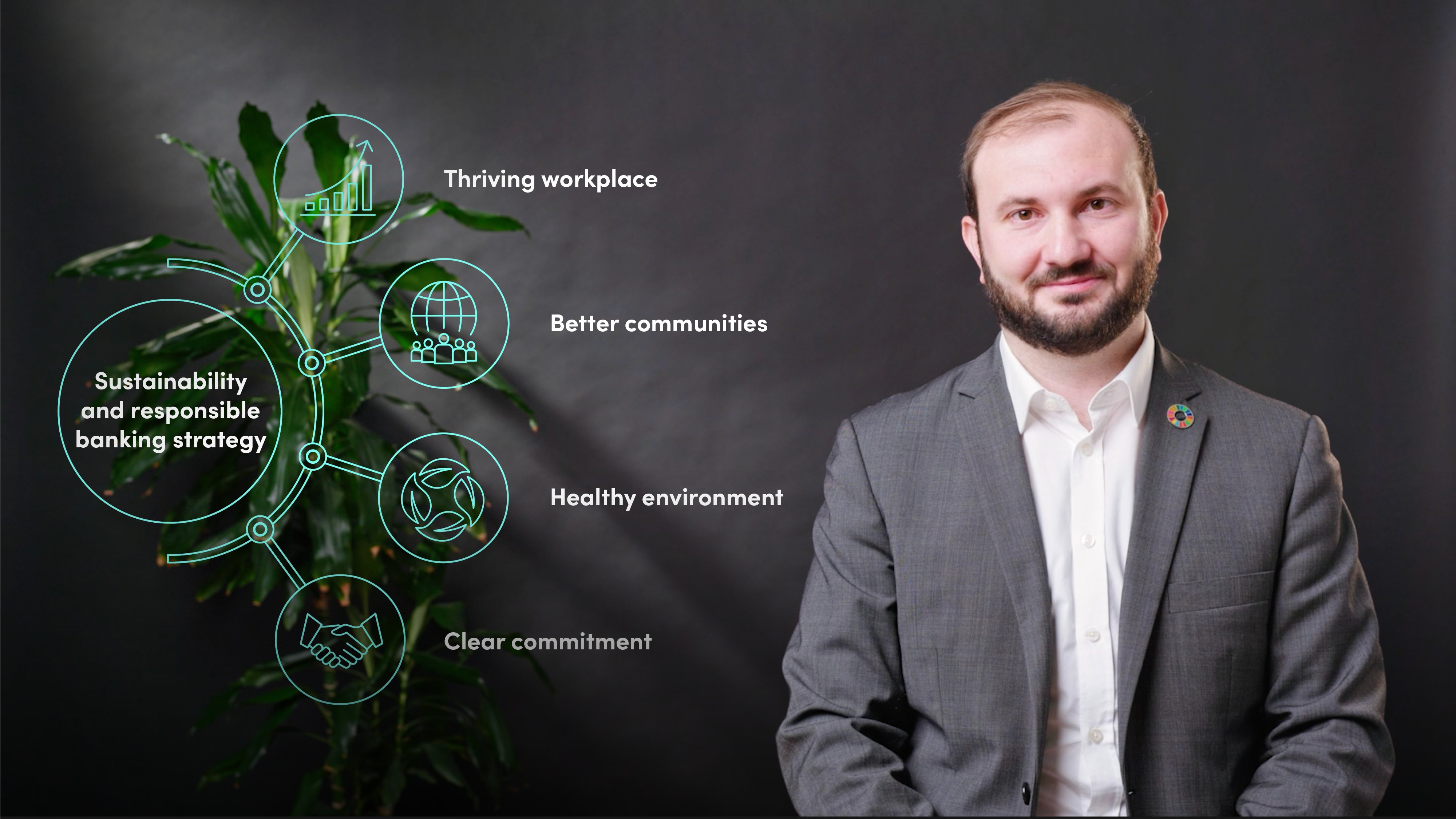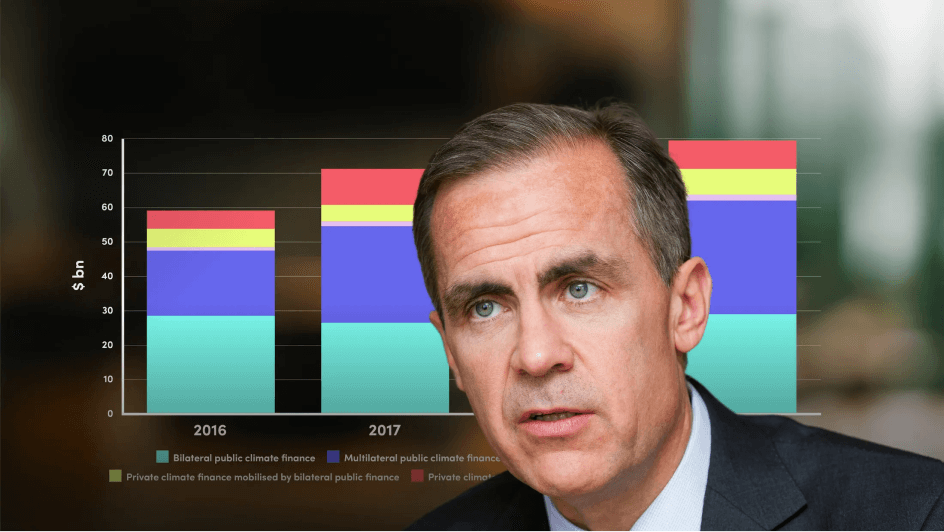
What is Responsible Banking?

Fermin Martinez de Hurtado
10 years: Responsible Banking
In this video, Fermin explains the importance of responsible banking. He begins by defining the term and then states the six principles developed by the UN for responsible banking. He then takes us through the sustainability and responsible banking journey of Santander UK.
In this video, Fermin explains the importance of responsible banking. He begins by defining the term and then states the six principles developed by the UN for responsible banking. He then takes us through the sustainability and responsible banking journey of Santander UK.

What is Responsible Banking?
5 mins 56 secs
Key learning objectives:
Define responsible banking
Outline the UN's six principles of responsible banking to help the industry achieve its goals
Understand Santander's sustainability and responsible banking strategy
Overview:
Responsible banking is at the heart of how the sector should do business, and companies should support their customers and people, and make a positive difference in the communities in which they operate. Each person has a responsibility. Together, we can build the kind of banking community where we can be ourselves, learn from one another, and develop. We have the opportunity to be a sector that goes above and above to help our clients, local communities, and the planet's future.
What is responsible banking?
The term responsible banking essentially means adopting a responsible approach to everything that we do and recognising that we have a key role to play in our society, our economy and our environment.
What are the six principles of responsible banking developed by the UN to help the banking industry achieve its sustainable development goals?
- Aligning your business strategy to society’s needs
- Increasing the positive impact on people and the environment, setting and publishing clear targets to ensure progress can be measured
- Working with clients to encourage sustainable practices more broadly
- Proactively working with stakeholders to achieve society’s goals
- Ensuring effective governance and a culture of responsibility
- Regularly reviewing progress and being transparent and accountable for the resulting impacts on, and contribution to, society
What strategies have Santander developed to achieve sustainable and responsible banking?
Thriving workplace - The aim is to create a culture of inclusivity and belonging where everyone can bring their whole self to work, learn and grow.
Better communities - Helping customers and communities prosper is what defines them, it is their purpose and at the centre of what they do every day.
Healthy environment - Fighting climate change and supporting the green economy drives the environmental element of our strategy.
Being responsible in everything - To push the boundaries on their strategic pillars they must first get the basics right and this underpinning foundation is what they consider good hygiene.

Fermin Martinez de Hurtado
There are no available Videos from "Fermin Martinez de Hurtado"





















